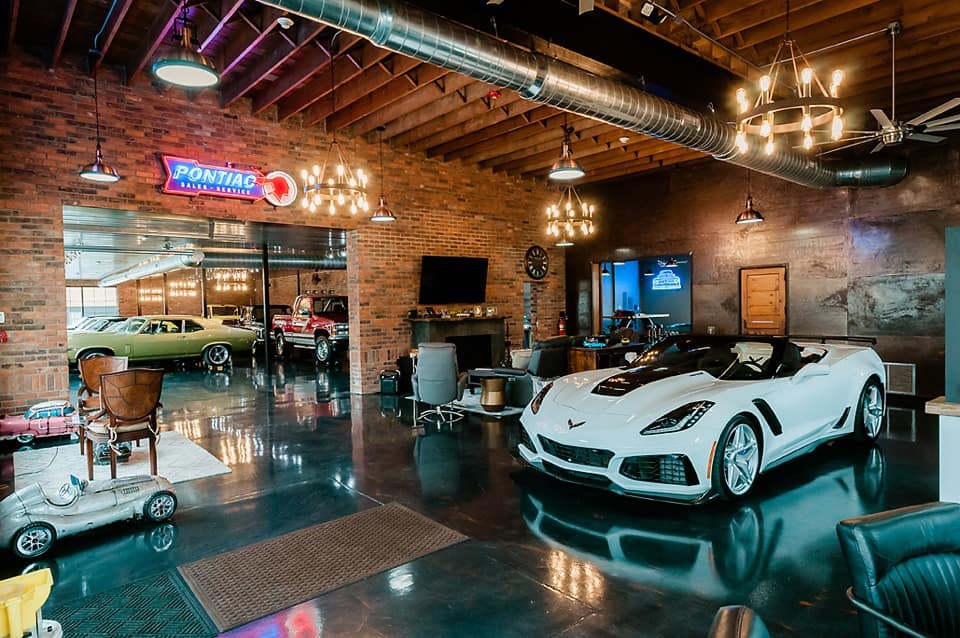
Guidelines For Buying Used Classic Cars
Buying a used classic car can be an exciting and rewarding experience, but it can also be daunting for those unfamiliar with the process. To make the most of your investment, it’s essential to follow some guidelines when buying a used classic car.
Research the car’s history
Before buying any used car, it’s essential to do your research. This includes researching the car’s history, which can be done by obtaining a vehicle history report. This report can provide information about the car’s ownership, accident history, and maintenance records. It can also indicate whether the car has been stolen, salvaged, or had any recalls.
Inspect the car thoroughly
When buying a used classic car, it’s essential to inspect the car thoroughly. This includes examining the car’s exterior, interior, and undercarriage. Look for signs of rust, damage, and wear and tear. Check the condition of the tires, brakes, and suspension. Take the car for a test drive to ensure that it runs smoothly and that all of the components are in good working order.

Determine the car’s value
Before making an offer on a used classic car, it’s essential to determine its value. This can be done by researching similar cars that have sold recently and considering the car’s condition, mileage, and rarity. Having the car appraised by a professional is also a good idea.
Check for authenticity
If you buy a classic car for its historic value, it’s essential to check for authenticity. This includes examining the car’s VIN (vehicle identification number) and checking if all components are original. If any parts have been replaced, it’s important to determine if they are original or aftermarket.
Consider maintenance and restoration costs
LaFontaine Classic Cars require regular maintenance and may need restoration work over time. Before buying a used classic car, it’s important to consider these costs and factor them into your budget. It would be best if you also researched the availability of parts and mechanics who specialize in classic cars.
Negotiate the price
Once you have determined the car’s value and inspected it thoroughly, it’s time to negotiate the price. Be prepared to make an offer that is lower than the asking price, but be respectful of the seller. If you are unable to agree on a price, be prepared to walk away.
By following these guidelines, you can ensure that you make a smart investment when buying a used classic car. Do your research, inspect the car thoroughly, determine its value, check for authenticity, consider maintenance and restoration costs, and negotiate the price. With these steps, you can find the perfect classic car to add to your collection.



